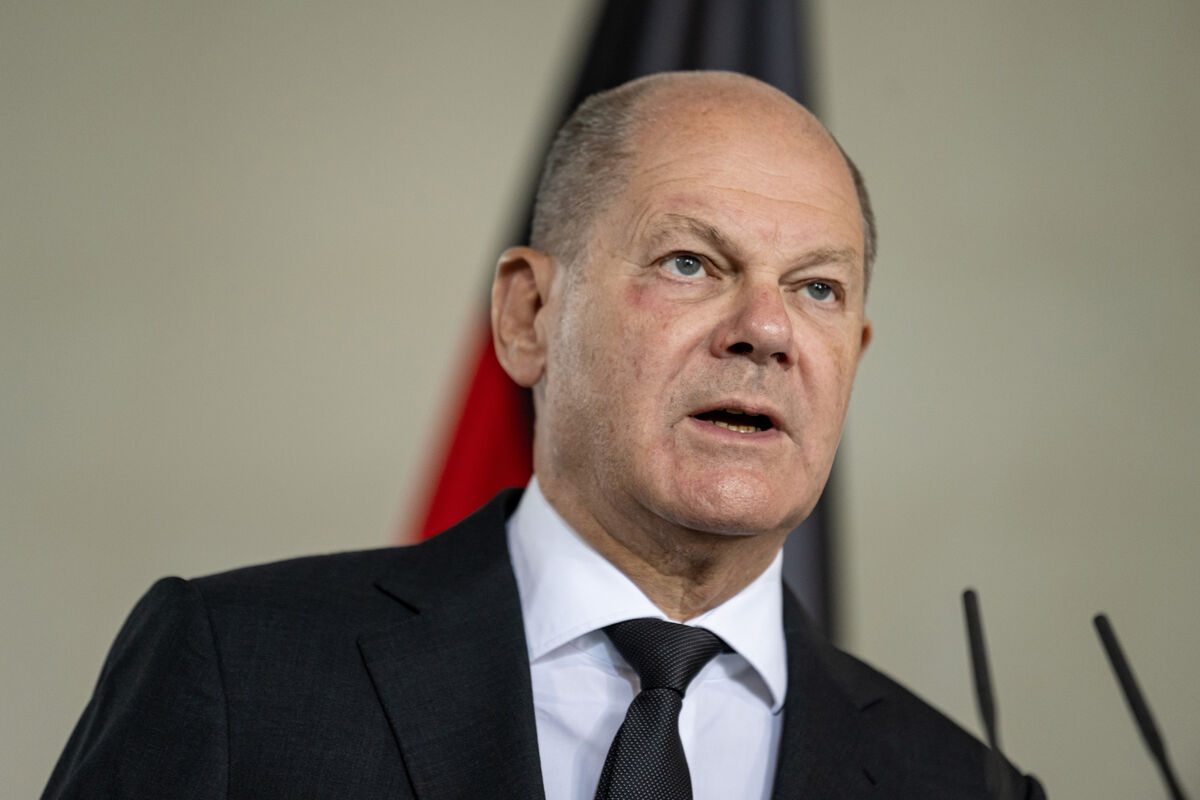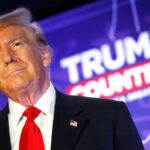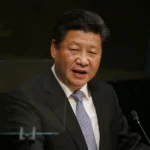The political crisis in Germany is escalating. The ruling coalition, known as the “traffic light” coalition, consisting of the Social Democratic Party (SPD), the Free Democratic Party (FDP), and the Greens, has effectively collapsed. German Chancellor Olaf Scholz has announced that he will bring the question of confidence in his government to a vote in the Bundestag. If he does not receive enough support, the country may face early elections as soon as March, although the regular elections were scheduled for September 2025.
Olaf Scholz’s Statement: Reasons for the Government Crisis
Olaf Scholz emphasized the need to quickly determine the future political course of Germany. Together with Vice-Chancellor Robert Habeck, he believes that the country needs “clarity” in decision-making. By the end of the year, Scholz plans to present all key legislative projects aimed at stabilizing the economy, including supporting industry and the pension system. However, internal conflicts have intensified tensions within the coalition, especially after the Chancellor dismissed Finance Minister Christian Lindner, who leads the FDP.
Lindner’s Accusatory Speech
Lindner’s dismissal did not go unanswered: he accused Scholz of destroying the coalition. Lindner mentioned that the FDP is willing to participate in a new government if the elections lead to a change in political forces. The differences between the parties intensified after Lindner released a document proposing to lower taxes for businesses, relax climate requirements, and reduce social welfare payments. This sparked a sharp reaction from the SPD and the Greens.
Opposition and Public Pressure
Opposition representatives and the public support the idea of early elections. The German parliament is usually elected for four years, and early elections are very rare. However, in times of crisis, they may be the only way to restore stability and trust in the government.
How Do Early Elections Happen in Germany?
German law provides for early elections only in two cases: when it is not possible to form a parliamentary majority to elect a new chancellor or if the chancellor does not receive a vote of confidence from the Bundestag. In such a case, upon the chancellor’s proposal, the federal president has the right to dissolve parliament and call for new elections.
Experience of Early Elections in Germany
Germany has only seen three cases of early elections: in 1972, 1983, and 2005. For instance, in 1972, Chancellor Willy Brandt decided to hold new elections due to disputes over his “Eastern policy.” Similar cases, like the current situation with Scholz, often spark significant political discussions and even critical reviews from constitutional experts.
Why Early Elections are Important for the Democratic Process
Early elections are a way to renew the political legitimacy of a government that has lost majority support. For Germany, which values stability, this is a rare but important tool. Therefore, if Scholz fails to maintain government support, Germany may enter a new phase of its political life at the beginning of next year.


